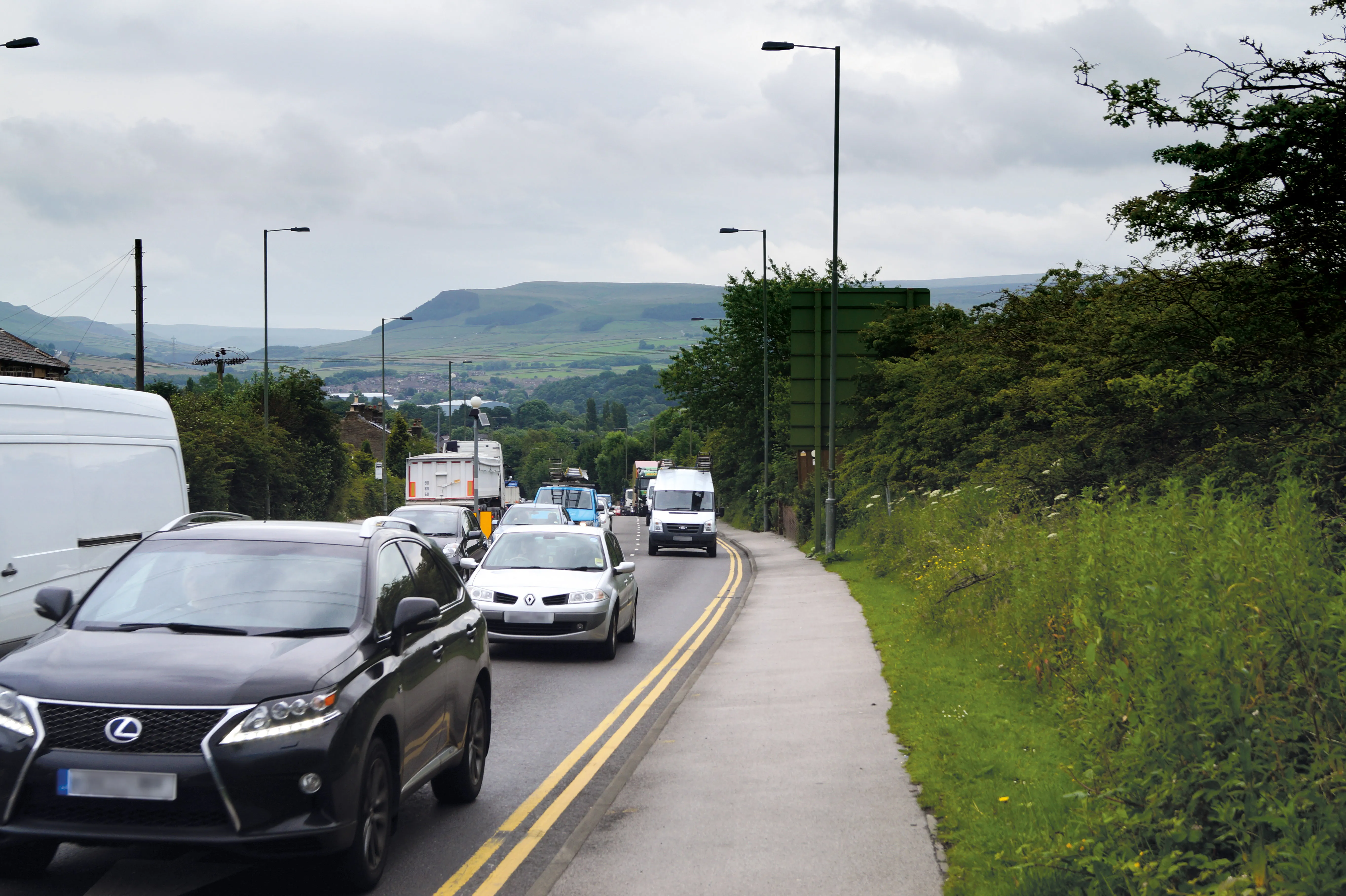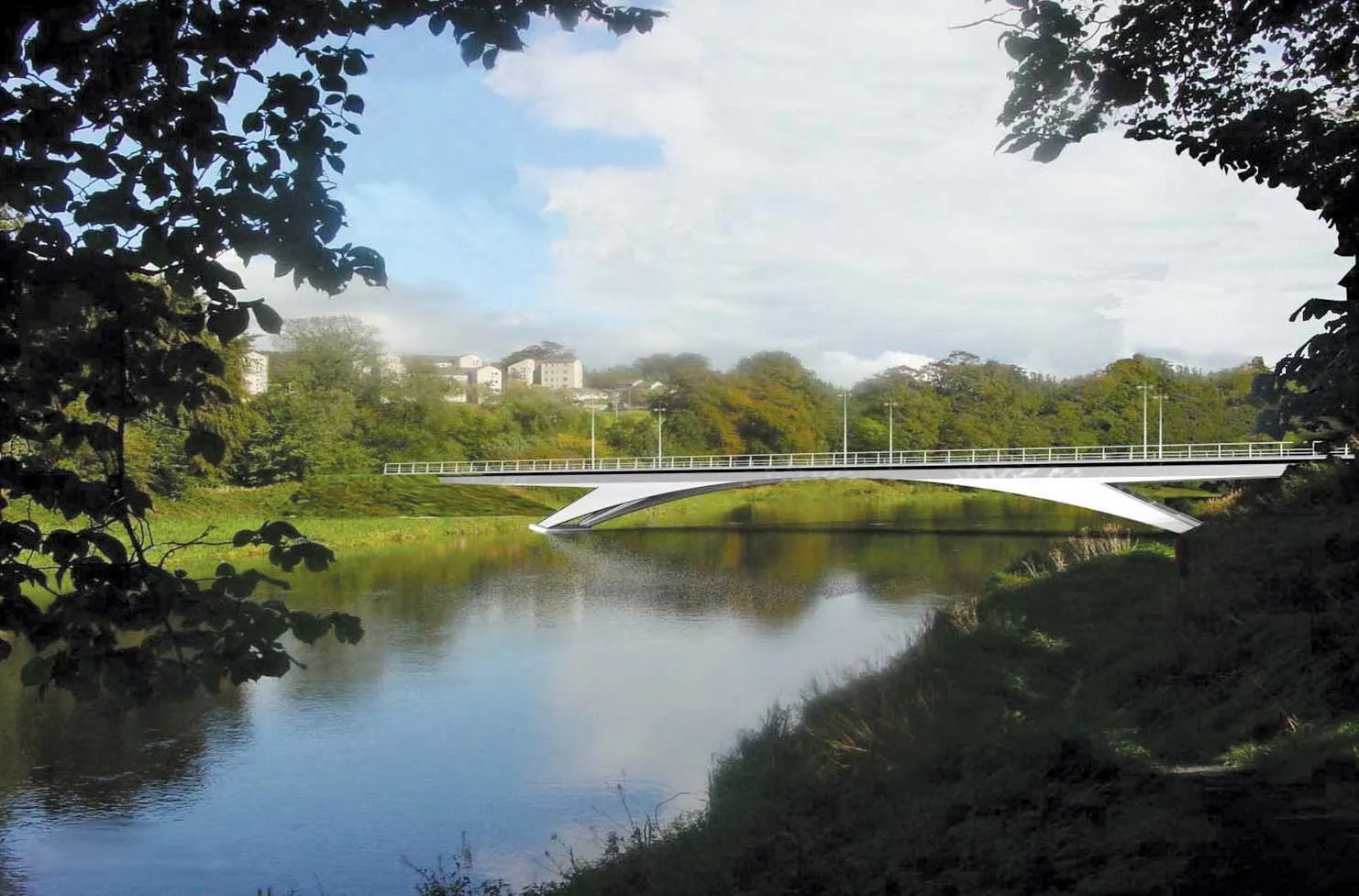Plans to upgrade the Vilnius to Utena highway in Lithuania will now go ahead following the securing of a loan to help pay for the project. The €40 million loan is being sourced from the European Investment Bank (EIB). The loan will be for a period for 12 years, with guarantees being provided by the European Fund for Strategic Investments (EFSI). In all, the work to upgrade the 72.15km A14 route between capital Vilnius and Utena will cost close to €91 million, with the Lithuania Road Administration (LRA) pla
September 29, 2016
Read time: 2 mins
Plans to upgrade the Vilnius to Utena highway in Lithuania will now go ahead following the securing of a loan to help pay for the project. The €40 million loan is being sourced from the European Investment Bank (EIB). The loan will be for a period for 12 years, with guarantees being provided by the European Fund for Strategic Investments (EFSI). In all, the work to upgrade the 72.15km A14 route between capital Vilnius and Utena will cost close to €91 million, with the Lithuania Road Administration (LRA) planning to carry out the work under the PPP model. The road also provides connections to other towns including Kulionys, Moletai and Riese.
The road was constructed 30 years ago from concrete, initially as a route for the military, and is said to be in major need of reconstruction due to the deterioration of the surface. The roadway is said to be heavily cracked in many areas, reducing vehicle speeds and requiring regular repairs. The upgrade will see the route being widened to three lanes enabling it to carry greater traffic volumes than at present. Around 7,000 vehicles/day currently use the route but traffic volumes are expected to increase once the upgrade has been carried out.
The road was constructed 30 years ago from concrete, initially as a route for the military, and is said to be in major need of reconstruction due to the deterioration of the surface. The roadway is said to be heavily cracked in many areas, reducing vehicle speeds and requiring regular repairs. The upgrade will see the route being widened to three lanes enabling it to carry greater traffic volumes than at present. Around 7,000 vehicles/day currently use the route but traffic volumes are expected to increase once the upgrade has been carried out.








